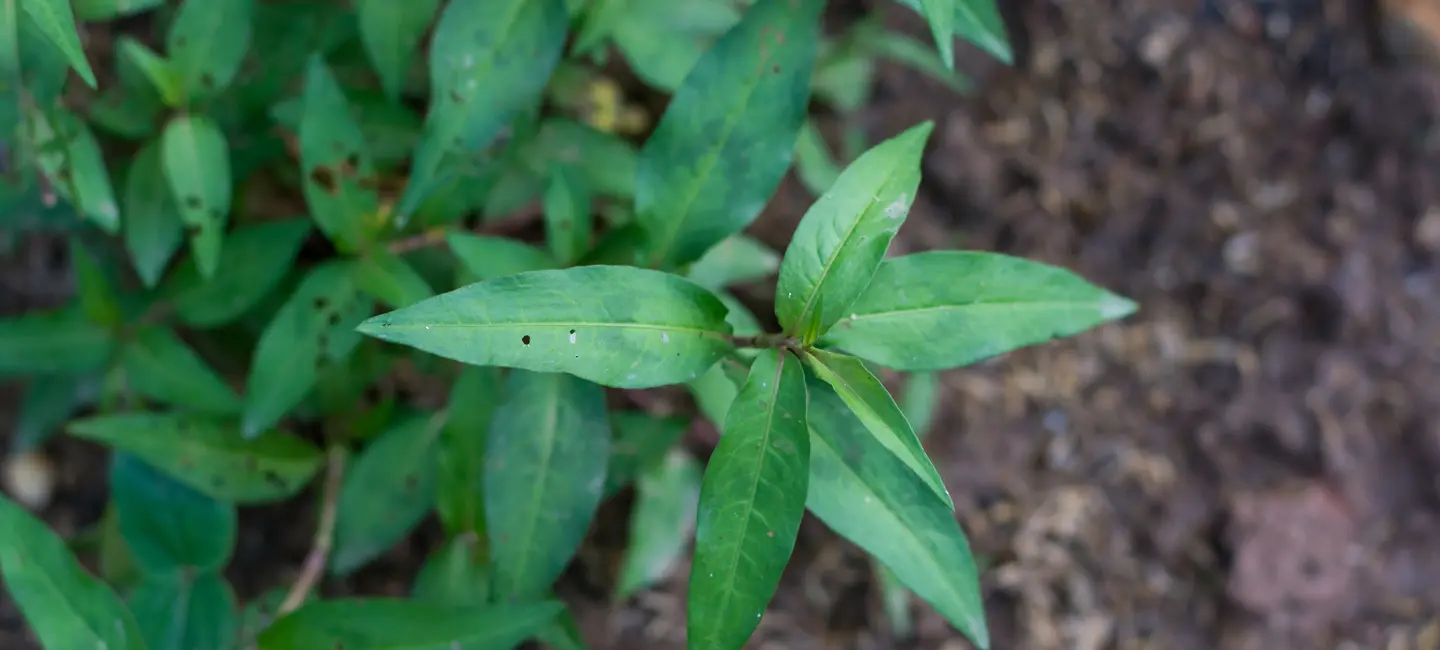
Vietnamese coriander is an herb. The leaves are used for medicine.
People use Vietnamese coriander for diabetes, stomach pain, constipation, dandruff, gas (flatulence), and to reduce sexual desire, but there is no good scientific evidence to support these uses.
In food, Vietnamese coriander is used to flavor soups, stews, and salads.
Is It Effective?
NatMed Pro rates effectiveness based on scientific evidence according to the following scale: Effective, Likely Effective, Possibly Effective, Possibly Ineffective, Likely Ineffective, Ineffective, and Insufficient Evidence to Rate.
- Constipation.
- Dandruff.
- Diabetes.
- Gas (flatulence).
- Stomach pain.
- To reduce sexual desire.
- Other conditions.
More evidence is needed to rate the effectiveness of Vietnamese coriander for these uses.
Is it Safe?
Vietnamese coriander contains chemicals called flavonoids. These chemicals work as antioxidants. Vietnamese coriander also contains a chemical that seem to stop cancer cells from growing.
When taken by mouth: There isn't enough reliable information to know if Vietnamese coriander is safe or what the side effects might be.
Special Precautions & Warnings:
Pregnancy and breast-feeding: There isn't enough reliable information to know if Vietnamese coriander is safe to use when pregnant or breast-feeding. Stay on the safe side and avoid use.
It is not known if Vietnamese Coriander interacts with any medicines. Before taking Vietnamese Coriander, talk with your healthcare professional if you take any medications.
There are no known interactions with herbs and supplements.
There are no known interactions with foods.
The appropriate dose of Vietnamese coriander depends on several factors such as the user's age, health, and several other conditions. At this time there is not enough scientific information to determine an appropriate range of doses for Vietnamese coriander. Keep in mind that natural products are not always necessarily safe and dosages can be important. Be sure to follow relevant directions on product labels and consult your pharmacist or physician or other healthcare professional before using.
Asian Mint, Coriandre du Vietnam, Daun Kesom, Daun Kesum, Daun Laksa, Dawn Kesum, Dawn Laksa, Hot Mint, Korianderpilört, Laksa Plant, Perennial Coriander, PakPaw, Persicaire du Vietnam, Persicaria odorata, Polygonum odoratum, Rau Răm, Renouée Odorante, Vietnamese Mint.
Information on this website is for informational use only and is not intended to replace professional medical advice, diagnosis, or treatment. While evidence-based, it is not guaranteed to be error-free and is not intended to meet any particular user’s needs or requirements or to cover all possible uses, safety concerns, interactions, outcomes, or adverse effects. Always check with your doctor or other medical professional before making healthcare decisions (including taking any medication) and do not delay or disregard seeking medical advice or treatment based on any information displayed on this website.
© TRC Healthcare 2024. All rights reserved. Use and/or distribution is permitted only pursuant to a valid license or other permission from TRC Healthcare.
